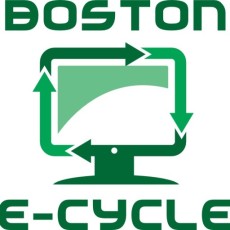As the holidays get closer and most of us will be getting some cool new gadgets, there are some great options to donate any old electronics, including televisions. In most US cities, various charities will pickup older working televisions to be provided or sold cheaply to those who cannot typically afford a brand new flatscreen (although prices have been historically dropping, even as they get skinnier/lighter). In upstate New York, my parents had the Red Cross pick up their old and very heavy 40″ CRT television.
Be sure to look around your specific area, as there are numerous charities that will provide pickups typically – Red Cross, Goodwill Industries, Salvation Army, and Habitat for Humanity, to name a few. For non-functional televisions, some companies around the Boston area that will charge a small fee are Electronix Redux, Surplus Technology Solutions, and CRT Recycling Inc.
For those looking into free pickups, MassDEP works with Recyclesearch to assist Massachusetts residents in finding a dropoff location or a pickup provider. Just navigate to the website and enter your address to find the best option. Also, Best Buy and Staples have previously been helpful in getting rid of old electronics for free (please check with them first before dropping off – do your due diligence!).
….if you are an electronics recycler, don’t end up like some of the companies listed in this article!
